Bridging the Skills Gap: How EdTech is Paving the Way for Workforce Evolution
Through innovative platforms, adaptive learning experiences, and industry-aligned curricula, EdTech is enabling individuals to acquire the skills needed to thrive in the 21st-century job market. Microlearning modules, online boot camps, and competency-based education programs are just a few examples of how EdTech is transforming the way people learn and prepare for their careers.
The skills gap is widening in the fast-paced corporate environment of today, making it difficult for organizations to find the people they require to thrive. Be at ease! A potent driver to close this gap and transform workforce development is education technology, or EdTech.
Top companies like IBM, AT&T, and Unilever have transformed their workforces and maintained a competitive edge thanks to the power of EdTech. To help learners stay current in the digital age, for instance, IBM’s SkillsBuild Initiative has offered thousands of students personalized learning paths and digital credentials. In a similar vein, programs like AT&T’s Future Ready Workforce and Unilever’s Digital Workforce Transformation have shown how well EdTech solutions work to promote a culture of ongoing innovation and learning.
In this post, we’ll look at how EdTech is reshaping conventional training techniques, enabling workforce evolution, and ensuring that workers are prepared for the future. Learn how EdTech is elevating workforce transformation, from personalized learning pathways and gamification to cutting-edge tools like the Totara Talent Experience Platform, and how you can take advantage of its potential to advance your organization. So fasten your seatbelts and come along on this thrilling ride as we explore the realm of EdTech workforce transformation!
Understanding the need for edtech workforce transformation in light of the growing skills gap
The demand for new talents is continuously rising as businesses change and technology develops. Organizations that frequently have difficulty locating and retaining the talent they require to be competitive face a huge issue as a result of this constantly expanding skills gap. By providing creative solutions that assist organizations in more successfully upskilling and reskilling their personnel, the role of edtech workforce transformation in tackling this issue is becoming more and more significant.
EdTech solutions use technology to produce highly engaging, open, and adaptable learning experiences that meet the many demands of contemporary workforces. Businesses may ensure that their staff stays current on market trends and has the skills necessary to propel organizational success by implementing EdTech tools and techniques.
The Role of EdTech in Adaptability and Growth in Identifying Key Workforce Skills for the Future
Organizations need to identify the critical skills needed for the future and make sure their workforce is ready in order to handle the rapidly evolving business environment. By providing sophisticated analytics and AI-driven tools that assist organizations in identifying the most pertinent skills and creating customized training programs, EdTech plays a critical role in this process.
Businesses may design dynamic learning pathways that help people develop in-demand skills and stay adaptive in the face of industry disruptions by utilizing data-driven insights. Additionally, EdTech encourages continuous learning, fostering the culture of development and innovation necessary for long-term success.
Customized Learning Pathways for Success: How EdTech Tailors Employee Development
The capacity of EdTech to design personalized learning pathways is one of its most important advantages in workforce transformation. Traditional one-size-fits-all training approaches frequently fall short of addressing the particular demands and learning preferences of individual employees, which has a negative impact on employee engagement and retention.
On the other hand, EdTech platforms make use of cutting-edge algorithms and machine learning to analyze the preferences, performance, and progress of specific learners in order to provide customized learning experiences that maximize engagement and information retention. EdTech gives staff members the tools they need to take charge of their own growth and realize their full potential by offering highly relevant and customized material.
The EdTech Trend That’s Revolutionizing Workforce Training: Gamification in Upskilling
The use of game design features in non-game contexts is known as “gamification.” This powerful EdTech trend is revolutionizing worker training. Gamification adds fun and competitiveness to the learning process by including components like points, badges, leaderboards, and levels, which increase motivation and engagement.
EdTech platforms that leverage gamification enable organizations to create immersive, interactive learning experiences that encourage employees to continually develop their skills. This not only helps bridge the skills gap but also fosters a culture of continuous improvement and growth within the organization.
How tools like Totara Talent Experience help
The Totara Talent Experience Platform is an example of an innovative EdTech solution designed to support workforce transformation. This powerful, open-source platform offers a comprehensive suite of tools for learning management, performance management, and employee engagement, enabling organizations to create highly personalized and engaging learning experiences.
By harnessing the power of Totara, businesses can effectively address their workforce’s unique learning needs and drive skill development at scale. Features such as competency-based learning, microlearning, social learning, and gamification allow organizations to develop targeted, engaging training programs that help close the skills gap and prepare employees for the future.
Case Study 1: JetBlue Airways: Streamlining Compliance Training with Totara
JetBlue Airways, a leading American airline, utilized the Totara Talent Experience Platform to streamline and enhance their compliance training process. By implementing Totara, JetBlue was able to consolidate their training materials into a single, user-friendly platform. As a result, the airline successfully reduced training administration time, increased employee engagement, and ensured staff members remained compliant with industry regulations.
Case Study 2: Kiwibank: Enhancing Employee Learning and Development with Totara
Kiwibank, a prominent New Zealand bank, employed Totara to revamp their employee learning and development program. With Totara’s customizable learning management system, Kiwibank was able to create tailored learning pathways that catered to the diverse needs of their workforce. This approach led to improved knowledge retention, increased employee engagement, and a more agile workforce capable of adapting to the ever-changing financial landscape.
Case Study 3: United Nations Volunteers (UNV) – Facilitating Global Learning with Totara
The United Nations Volunteers (UNV) program leveraged the Totara Talent Experience Platform to facilitate global learning and development for its volunteers across 150 countries. Through Totara, the UNV was able to provide volunteers with access to a wide range of resources, including online courses, webinars, and forums. This comprehensive approach enabled the organization to support the ongoing skill development of its global volunteer base while promoting a culture of continuous learning and collaboration.
In conclusion, EdTech is proving to be a game-changer in workforce transformation, offering organizations the tools and strategies they need to bridge the skills gap and foster a culture of continuous learning. By leveraging the power of EdTech, businesses can ensure their employees are future-ready and equipped with the skills necessary to drive organizational success in an ever-changing landscape. As we continue to navigate the challenges and opportunities presented by the modern business environment, EdTech workforce transformation will remain a critical component of organizational success and adaptability.

Latest Case Studies
Customer Success Stories

Totara Learn Brings Enthusiasm and Innovation Multi-Device Learning at Alembic

Edvanta helps Pearson HigherEd develop an Innovative Learner Journey Framework for their Programs


